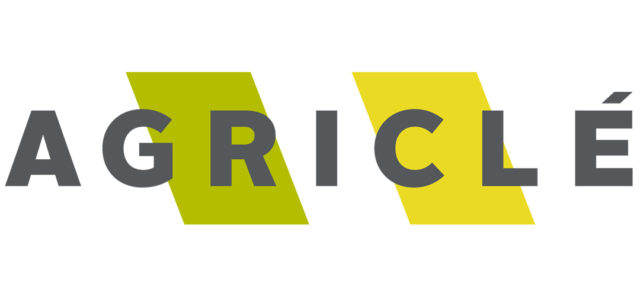At some point in our lives, someone has reminded us to choose our words wisely. Every single one of us has probably said something we wish we could take back. I know I have.
A couple of years ago, at a 4-H meeting, one of our club leaders used a popular metaphor to help make a point to our youth members. There had been a recent club activity where hurtful words were exchanged between some kids. At our next meeting, our leader had one of the kids squeeze an entire tube of toothpaste on to a plate. The 4-H member was then asked to put the toothpaste back in the tube. That’s almost impossible and, even if achieved, it would never be the same as it was before. Like the toothpaste from the tube, once words leave your mouth, you can’t take them back.
As I watched events unfold in social media and mainstream media in February relating to “Buttergate,” it was astounding how quickly one small remark led to another. Ultimately, it led to actions to consider changing a feeding practice the dairy industry has used for decades.
I have not interviewed Canadian food writer Julie Van Rosendaal, who is credited for starting the whole brouhaha, but I imagine she would not have thought, prior to writing her original Twitter post questioning the characteristics of butter, that it was going to gain as much traction as it did.
In a matter of weeks, the conversation turned from a simple question about hard butter into a massive dialogue centered on supply management, trade issues, transparency and the social license to farm. One hypothesis led to another, and theories were regarded as truths.
Words can hurt, discourage and destroy, but they can also heal, inspire and encourage.
Consumers have a right to know how their food is produced. There are a great number of people in the industry at the ready to answer their questions with facts. It was wonderful to see the response and social media posts from the dairy industry. Dairy producers, nutritionists, animal scientists and more, all joined the conversation to share their firsthand knowledge on feeding palm byproducts. They were open and transparent.
I also applaud Dairy Farmers of Canada for assembling a working group to fill in the gaps to provide whole answers for consumers. We know milk composition is a complex topic, and there is always more to be learned. It’s going to take some time – likely more time than social media is willing to give the topic, as most have already moved on. However, it is still worth pursuing so next time this happens, we will have even more truths readily available.
There was a big mess of toothpaste made in February, and those words will forever be out there and in consumers’ minds. The full and lasting impact it will have on your cows and your farm is yet to be seen. We do know that tube of toothpaste will never be the same as it once was.








